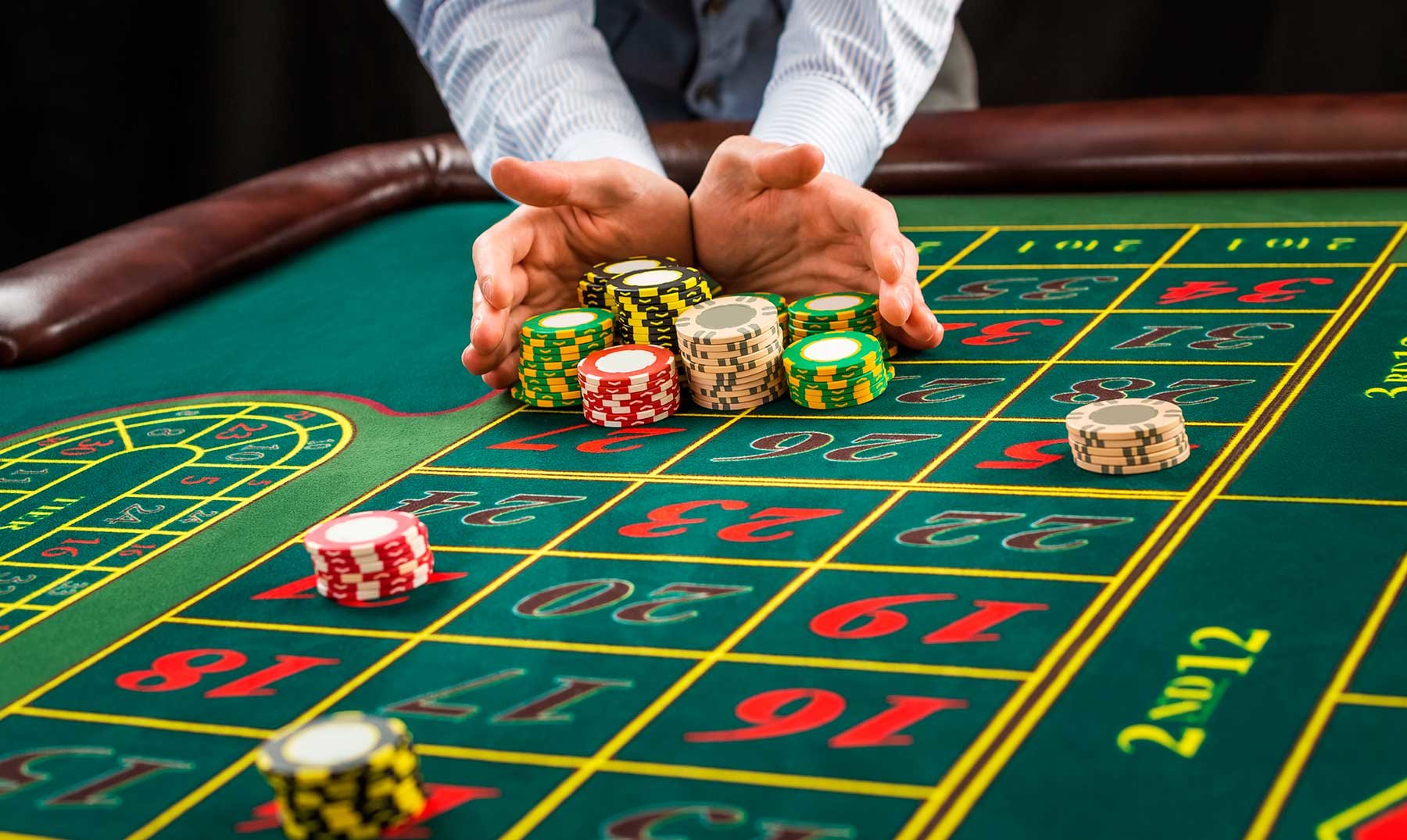
When we think of casino games, the first images that often cross our minds are those of spinning wheel devices, card tokens clinking on fabric tables, and dice flying across a betting surface. While many view these games as mere pastimes fueled by chance, a more profound exploration reveals a captivating blend of tactics, expertise, and community interaction that elevates them well beyond simple chance. Whether you are a experienced player or a curious newcomer, grasping the subtleties of these activities can greatly enhance your experience and understanding.
Gambling games have evolved over hundreds of years, with various cultures contributing to their rich backgrounds and different forms. From the intricate strategies of blackjack to the deception tactics in card games, players engage in a contest of wits as much as a risk on odds. This exciting interplay between luck and expertise creates a exciting atmosphere that draws countless people to gambling establishments worldwide. As we explore the realm of card games, we will uncover the strategies that can shift the odds in your favor and the community elements that make these activities a popular choice for leisure and engagement.
The Strategy Behind Casino Games
Casino games often combine a blend of skill and chance, which makes them intriguing for participants who like a test. Every game has their own set of rules and tactics that can affect the results. For example, in games like blackjack, participants are obliged to use tactics like card counting and understanding the odds to make informed decisions. This expertise can greatly improve the winning potential, differentiating seasoned players from novices who may rely solely on luck.
Conversely, games such as the roulette may seem to be entirely based on chance, but strategic thinking can also play into play. Participants can select between different betting strategies, such as the Martingale strategy, in which they raise the wagers after losses. This method can establish a more methodical approach to the game. Understanding the probabilities of specific wagers can also help participants make smarter decisions on the table, demonstrating that even games of luck, tactics can enhance the enjoyment.
Furthermore, poker stands out as a game that heavily focuses on tactics. In contrast to most gaming games, the game of poker combines skill, psychology, and chance. Players must not only concentrate on the cards they are dealt but also take into account their rivals’ behavior and betting patterns. Mastering principles like position, pot odds, and reading bluffing is crucial for success. This depth of strategy in the game of poker often leads to a more engaging experience for participants, where the decisions and abilities significantly affect the game’s results.
Grasping Probability and Ratios
In the domain of casino activities, probability and odds play a vital role in deciding a gambler’s potential consequences. Every activity has its own collection of rules that define how the chance of winning or losing is measured. For case, in games like 21, participants have a opportunity to affect their odds through planning, whereas in matches like roulette, the results are exclusively governed by chance. Understanding how these chances are calculated can significantly affect how a gambler approaches the game. atk777
Odds are typically shown in two formats: ratio and decimal. Fractional ratios show the proportion of the sum gained to the amount bet, whereas decimal ratios show the overall return for a successful bet, which includes the initial bet. For instance, if a match has ratios of 5 to 1, this implies that for every one unit staked, a gambler could gain five dollars if they win. Knowing how to understand these ratios allows players to evaluate their potential winnings and formulate more educated choices during play.
Gamblers should also be conscious of the house edge, which is the casino’s inherent advantage over the gamblers. Each match has a different advantage, and comprehending this concept is crucial for controlling one’s expectations and bankroll. Activities with a reduced advantage, such as 21 and baccarat, typically offer superior ratios for players compared to activities like slots and keno. By recognizing the relationship between probability, odds, and the casino advantage, gamblers can improve their gaming experience and strategize more efficiently.
The Exciting Aspect of Table Gaming
Casino games at gaming establishments are often seen as a center of social interaction, drawing participants together in a collective experience that goes far beyond the mere act of gambling. The atmosphere at a poker table can be electric, with players engaging not only with the game itself but also with one another. Laughter, excitement, and, sometimes, playful teasing create connections that improve the overall enjoyment of the gaming experience. This communal aspect can turn a solitary endeavor into a dynamic gathering, making casino games particularly appealing.
One of the intriguing elements of table gaming is the way it cultivates friendship among players. Whether it’s teaming up to defeat the dealer at a craps table or exchanging tales between hands in a card game, the environment encourages interaction. Participants often share advice or strategies, creating a sense of togetherness that enhances the fun. This social dynamic can make new gamblers feel welcomed and less intimidated by the competitive nature of casino games. As the game continues, friendships may form, leading to a sense of belonging that keeps participants coming back to the table.
Moreover, the social aspect of gaming at tables extends outside just the players. Dealers play a vital role in facilitating interaction and maintaining the flow of the game. Their ability to engage gamblers with friendly conversation and their expertise in running the table can create an inviting atmosphere. This connection between players and staff adds another layer of enjoyment, where gamblers feel bonded not only to one another but also to the staff. Such interactions are often what make the experience unforgettable, as players leave with stories to tell and connections made, reinforcing the notion that table games are truly about something greater than luck.
